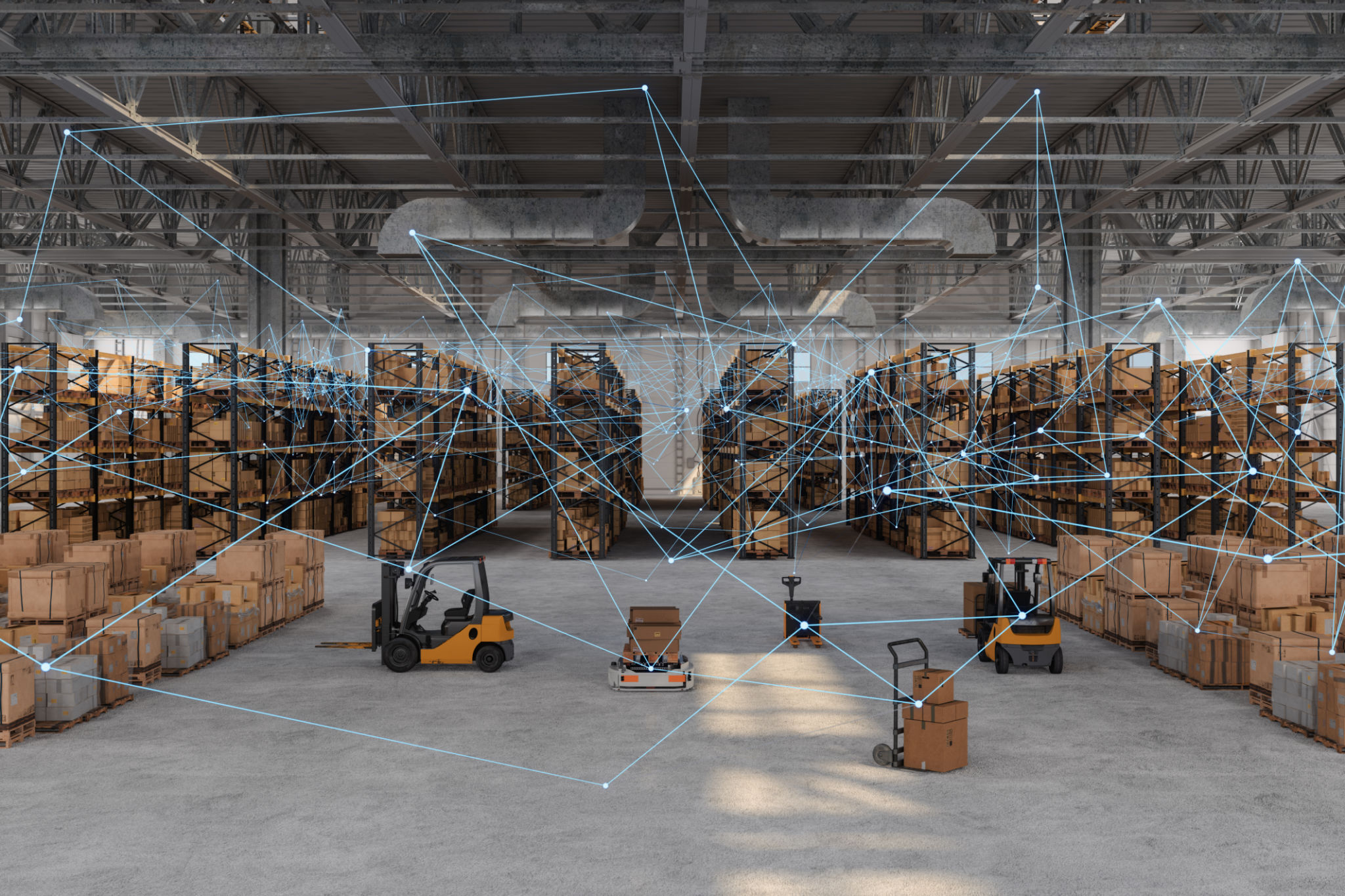Machine Learning in Retail: Revolutionizing Customer Experience
Understanding Machine Learning in Retail
Machine learning, a subset of artificial intelligence, is transforming the retail industry by enhancing customer experiences and streamlining operations. This technology enables retailers to analyze vast amounts of data, uncover patterns, and make informed decisions. As a result, businesses can offer more personalized services and improve their overall efficiency.
The application of machine learning in retail can be seen in various areas such as inventory management, customer service, and marketing strategies. By leveraging data-driven insights, retailers can anticipate customer needs, optimize supply chains, and tailor marketing efforts to individual preferences.

Enhancing Personalization
One of the most significant impacts of machine learning in retail is the ability to provide personalized shopping experiences. By analyzing customer behavior and purchase history, retailers can deliver customized product recommendations and targeted promotions. This level of personalization not only increases customer satisfaction but also drives sales and customer loyalty.
Machine learning algorithms can segment customers based on their preferences and behaviors, allowing retailers to create more relevant shopping experiences. For example, online platforms use machine learning to suggest products that align with a customer's past purchases or browsing history, making the shopping journey more intuitive and enjoyable.
Optimizing Inventory Management
Inventory management is another area where machine learning is making a significant impact. Traditional inventory systems often rely on static forecasts, which can lead to overstocking or stockouts. In contrast, machine learning models dynamically adjust inventory predictions based on real-time data, reducing errors and improving efficiency.
Retailers can use machine learning to predict demand fluctuations, optimize stock levels, and reduce waste. This proactive approach ensures that popular items are always in stock while minimizing excess inventory, ultimately leading to cost savings and increased profitability.

Improving Customer Service
Customer service is at the heart of the retail experience, and machine learning is helping to elevate the quality of support provided. Through chatbots and virtual assistants, retailers can offer 24/7 assistance to customers, resolving inquiries promptly and accurately. These AI-driven tools learn from past interactions to continually enhance their responses.
Moreover, machine learning can analyze customer feedback and sentiment from various channels, allowing retailers to identify areas for improvement and address issues proactively. This continuous feedback loop ensures that businesses maintain high standards of customer satisfaction.
Driving Marketing Strategies
Machine learning also plays a crucial role in shaping effective marketing strategies. By analyzing customer data, retailers can identify patterns and trends that inform their marketing campaigns. This data-driven approach allows businesses to craft messages that resonate with their target audience.

Additionally, machine learning helps optimize advertising spend by predicting the success of different marketing channels and tactics. Retailers can allocate resources more efficiently, ensuring that their marketing efforts yield the highest possible return on investment.
The Future of Machine Learning in Retail
As machine learning technology continues to evolve, its impact on the retail sector is expected to grow even further. Future advancements may include more sophisticated predictive models and enhanced personalization techniques that provide even deeper insights into customer behavior.
Retailers who embrace these innovations will be well-positioned to thrive in an increasingly competitive market. By leveraging the power of machine learning, businesses can not only meet but exceed customer expectations, ensuring a loyal customer base and sustained growth.
